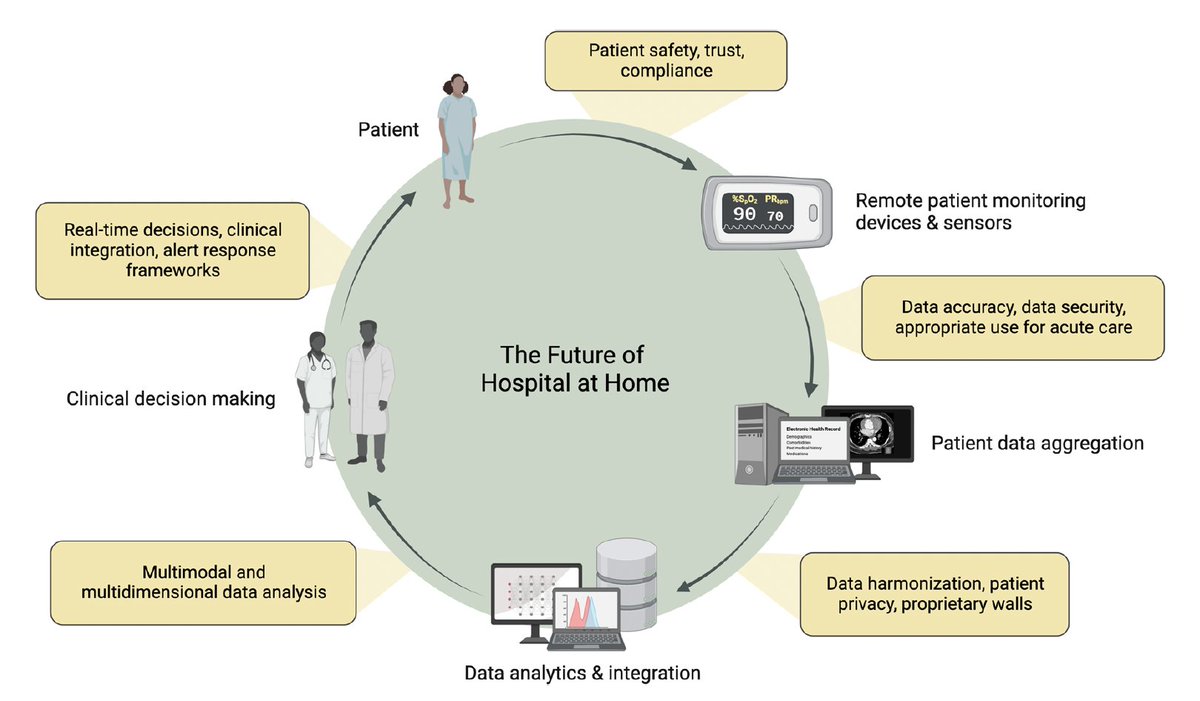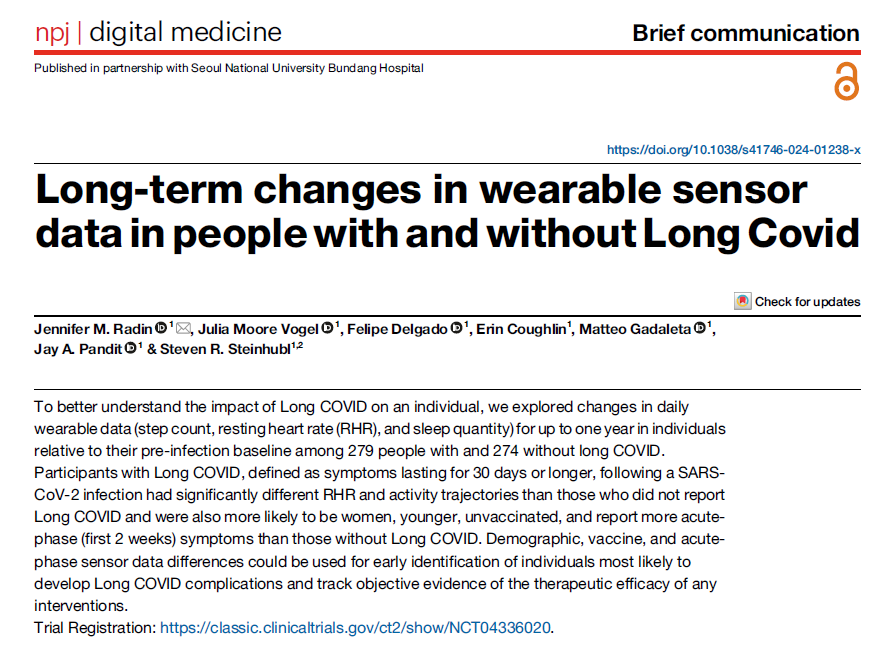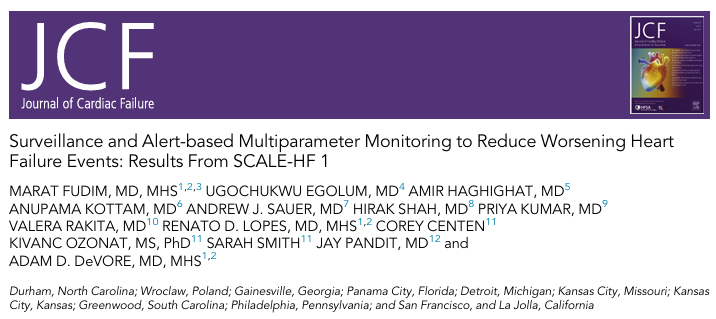
Jay Pandit
@jaypandit
Director of Digital Medicine, Scripps Research, NU Cardiology, Physician Entrepreneur, Cancer Survivor, Story Banker and Life Long Learner. Views are my own.
ID: 80669911
07-10-2009 20:17:00
116 Tweet
372 Followers
267 Following

A great question posed in this The New York Times article and one that POWERMOM Study hopes to inform through our PowerMom community of pregnant people collecting and contributing important pregnancy-related health information. nytimes.com/2021/10/21/mag…

As a father of two and having seen my amazing partner battle through two tough pregnancies, the maternal mortality rate and outcomes of our country should be a call to action! Scripps Research Digital Trials Center POWERMOM Study Vice President JD Vance Public Health & Medicine (IPHAM) @NorthwesternU @PriyaP_Mehta

#Wearables provide a way to continuously track physiological & behavioral metrics before, through, & after having COVID. Do you qualify for a free wearable through the DETECT Health Study? Learn more at detect.scripps.edu


Excellent article and to the point! The time to be proactive was yesterday! Let’s do something about misinformation as it only amplifies distrust in a time we need it most. Eric Topol erictopol.substack.com/p/what-the-pre…



Digital health tools like smartphone apps and wearables are here to stay. We hope our work sheds light on the promises and challenges of their power to serve as supplementary population health tools. Scripps Research Digital Trials Center Scripps Research Northwestern Feinberg School of Medicine

Heard this quote again today and had to share. “Science is not truth. Science is finding the truth. When science changes its opinion, it didn't lie to you. It learned more.” - Mohamed Safa. #science Scripps Research Scripps Research Digital Trials Center



Just published A prospective, systematic assessment of rebound after Paxlovid vs Covid untreated controls academic.oup.com/cid/advance-ar… Jay Pandit Michael Mina Viral rebound Paxlovid 14.2% | Controls 9.3% Symptom rebound Paxlovid 18.9% | Controls 7.0%

Preliminary work by Scripps Research Translational Institute & @eMedCertified show unexpectedly high proportion of COVID-19 rebound cases in untreated people, and those treated with Paxlovid. Jay Pandit & the team now hope to assess the role of variants and the immune system response scripps.edu/news-and-event…


The hospital-at-home in the era of multimodal #AI Our new review npj Journals of the prospects by Jay Pandit Scripps Research Translational Institute Scripps Research and collaborators nature.com/articles/s4174…



Now out in JACC Advances, our viewpoint on AI within HF and how the future may look with the help of multimodality large language models Jay Pandit …t-com.turing.library.northwestern.edu/science/articl…

🎙️ Just listened to an enlightening podcast with Jay Pandit on how biosensors are revolutionizing medicine! 🩺✨ Discover how these tiny devices are transforming diagnostics and patient care. #Biosensors #HealthcareInnovation magazine.scripps.edu/podcasts/2024/…


This study from Scripps Research Translational Institute examined wearable data like step count, resting heart rate, & sleep to track changes in people with + without #LongCovid over a year. Those with Long #Covid_19 had significantly different resting heart rate & activity levels. They were also more


The hospital-at-home movement is in its early days. Lots of potential using multimodal #AI remote monitoring and validation via randomized trials washingtonpost.com/health/2024/11… by Fenit Nirappil w/ Jay Pandit nature.com/articles/s4174…


SCALE-HF Study Results just published in most recent Journal of Cardiac Failure issue! Work led by my friends Marat Fudim, MD MHS and Adam DeVore at Duke Clinical Research Institute but involving multiple centers. 1/🧵 onlinejcf.com/article/S1071-…


Our Nature Medicine paper on glucose spikes (CGM sensor) and their relationship with physical activity, gut microbiome, genomics, food intake, and sleep via multimodal A.I. Helps identify people with prediabetes who have high risk of progression (cf HbA1c) nature.com/articles/s4159…
